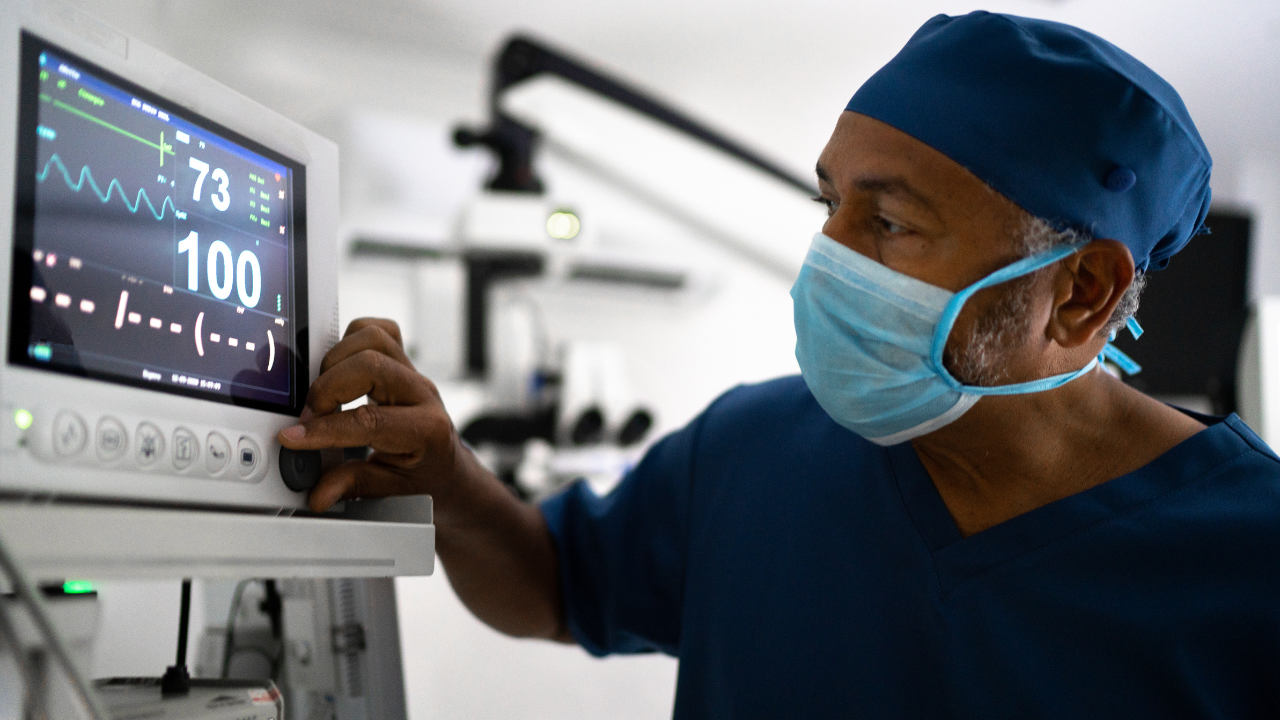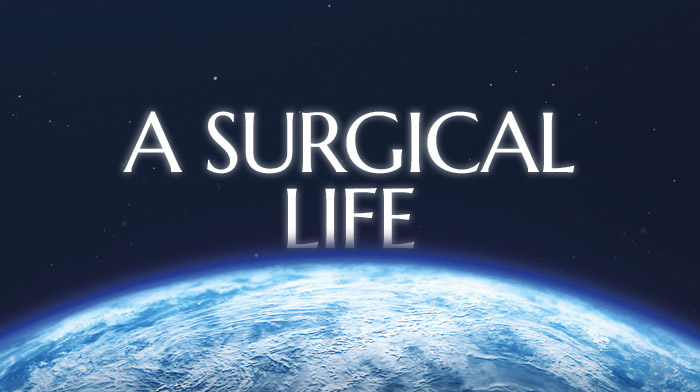BJS Academy>Surgical news>Who said nil by mout...
Who said nil-by-mouth?
Dr Helgi Johannsson
Consultant Anaesthesia; Imperial College Healthcare
26 September 2025
Other side of the barrier General
Related articles

The other side of the barrier
Dr Helgi Johannsson
What’s wrong?
Do you want me to deflate the pneumoperitoneum?
My surgeon stops what he’s doing and just looks at me expectantly. I hadn’t said anything to him, nor had I really clocked my own discomfort as something about my patient’s physiology didn’t quite fit with the usual Feng Sui pattern I was expecting.

Are we risk aware or risk averse?
Dr Helgi Johannsson
Last year, I anaesthetised a woman for a diagnostic procedure. This is hardly a groundbreaking way to start an article about risk, but she had been highlighted to me because of her multiple co-morbidities. She had a surgical condition – an intra-abdominal cyst – that caused her constant pain every day, affecting her ability to walk, to eat and to perform even her basic activities, making her entirely reliant on her daughter. She had been turned down for surgery due to her other risk factors by the anaesthetic pre-assessment clinic and the multi-disciplinary team (MDT) looking after her, yet she continued to live with constant pain and distress. After a short discussion with her and her daughter, it became obvious that she did not want to spend the rest of her life in agony and would be very happy to take the additional risk of surgery for the benefit of not being in constant pain.
Every day, every hour we work in medicine we are assessing risk. Every decision to go ahead with surgery is a risk assessment and discussion with our patient. Usually the decision is straightforward, the patient has a surgical condition, an operation will relieve it and the risk of complications from the operation or the anaesthetic is low.

A surgical life by Agneta Montgomery
My surgical life What made you decide to become a surgeon? Art and design have always been a passion in life. I designed and sewed almost all my own clothes when growing up. When my twin brother was to get married, he wanted to wear a white dress suit. I tailored it for him as there was nowhere, we could find one. I have kept on tailoring abdominal walls.
Copied!
Connect

Copyright © 2026 River Valley Technologies Limited. All rights reserved.



.png)





.jpg)



